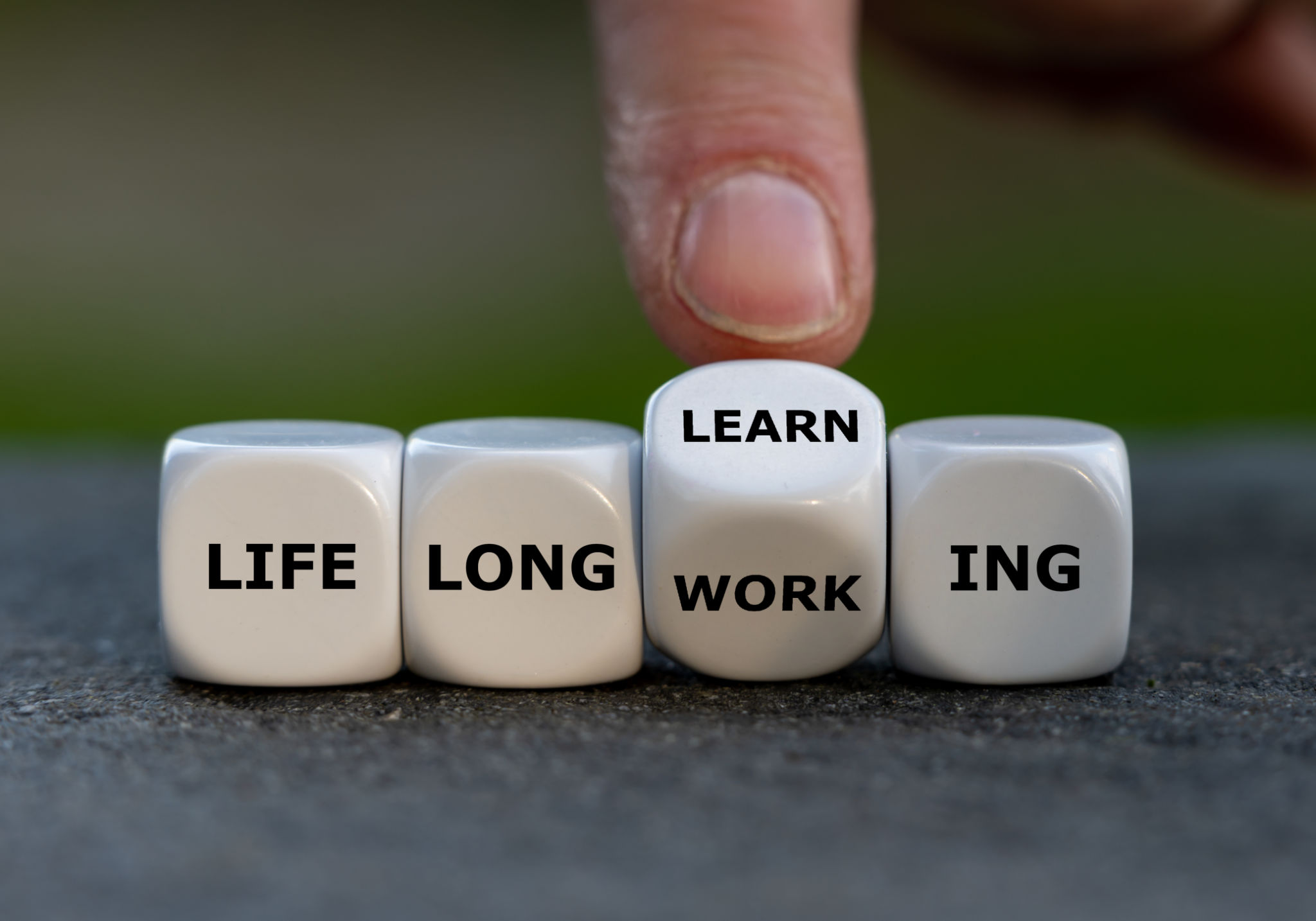Navigating Career Changes: Expert Tips from a Career Coach
Understanding the Need for Change
In today's fast-paced world, career changes are becoming more common. Whether it's due to personal growth, industry shifts, or a desire for new challenges, transitioning into a new career can be both exciting and daunting. Understanding why you feel the need for a change is crucial. Are you looking for better work-life balance, a higher salary, or more fulfillment? Knowing your motivations can guide your next steps.

Self-Assessment: Knowing Your Strengths and Skills
Before embarking on a new career journey, conducting a self-assessment is essential. Identify your strengths, skills, and passions. What are you good at? What do you enjoy doing? A career coach can be invaluable in helping you recognize your unique talents and how they align with potential new paths. This self-awareness will not only boost your confidence but also help you make informed decisions.
Utilizing Online Tools
There are several online tools available that can aid in self-assessment. Websites offering personality tests, skills assessments, and career quizzes can provide valuable insights. These tools can highlight areas you may not have considered and open up new possibilities for your career change.

Exploring Different Career Options
Once you've identified your strengths and skills, it's time to explore different career options. Research various industries and roles that align with your profile. Reach out to professionals in fields of interest and conduct informational interviews. Networking can play a pivotal role in uncovering opportunities and gaining firsthand insights into different careers.
Job Shadowing and Internships
If possible, consider job shadowing or interning in a new field. These experiences provide a realistic view of what a day in the life in that career might look like. They also offer a chance to build relevant skills and make valuable connections.

Building a Plan and Setting Goals
Once you've gathered information about your potential new career path, it's time to build a plan. Set short-term and long-term goals to guide your transition. Break down the steps needed to achieve these goals, such as acquiring new skills, updating your resume, or pursuing additional education.
Creating a Timeline
Create a timeline for your career transition. Having a clear schedule helps keep you accountable and motivated. Remember that flexibility is key; sometimes plans need to be adjusted based on unforeseen circumstances or new insights.
Overcoming Challenges and Staying Motivated
Career changes often come with challenges. You may face uncertainties or fear of the unknown. It's important to stay motivated by focusing on your end goals and the reasons behind your decision to change careers. Surround yourself with supportive friends, family, and mentors who can encourage you along the way.
Embracing Continuous Learning
Embrace the idea of continuous learning as you transition into a new career. Attend workshops, webinars, and courses related to your new field. This not only equips you with necessary skills but also keeps you engaged and inspired during the change process.

The Role of a Career Coach
Engaging with a career coach can significantly enhance your career transition experience. Coaches offer personalized guidance, help set realistic goals, and provide strategies for overcoming obstacles. Their expertise can be particularly beneficial in navigating complex career shifts and ensuring that your transition is as smooth as possible.
In conclusion, navigating a career change is a multifaceted journey that requires introspection, planning, and perseverance. By leveraging expert advice and resources, you can smoothly transition into a fulfilling new role that aligns with your personal and professional aspirations.